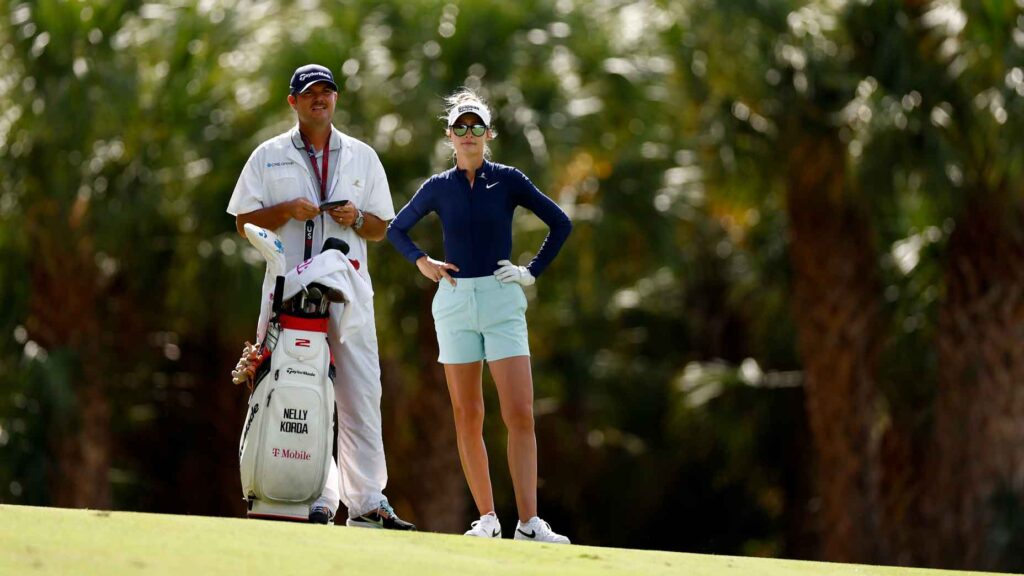Slow play has been a longstanding issue in professional golf, frustrating players and fans alike. Last weekend’s LPGA Annika tournament saw rounds stretch well past five hours, with some players suggesting drastic measures to combat slow play. Charley Hull proposed a harsh penalty system that would instantly revoke a player’s tour card after three instances of slow play. However, many players, including Nelly Korda, Lexi Thompson, Lydia Ko, and Ruoning Yin, expressed their concerns and frustrations with the slow pace of play on the tour.
Nelly Korda, known for her fast pace of play, pointed out that rounds should not extend past four and a half hours and expressed her annoyance as both a player and a fan. She highlighted the need for players to trust their instincts and be prepared to hit their shots promptly. Lydia Ko emphasized the complexities of the issue, recognizing that certain situations on the golf course, such as difficult conditions or large field sizes, can contribute to longer rounds. She also acknowledged the efforts made by players and officials to address the slow play problem.
As the LPGA’s best and brightest gathered for the CME Group Tour Championship, the topic of slow play was at the forefront. Players discussed potential solutions, including implementing shot clocks on every hole, imposing penalties for slow play, and emphasizing the importance of mental preparation and readiness. The general consensus was that more proactive measures needed to be taken to ensure a smoother pace of play and enhance the overall experience for players and fans alike.
Despite ongoing efforts to address slow play, the issue remains a persistent challenge in professional golf. Players like Angel Yin stressed the importance of better managing scheduling and improving course conditions to expedite play. The lack of sufficient monitoring and accountability was also highlighted as a contributing factor to slow play. Ultimately, finding a balance between player performance, tournament logistics, and fan engagement is crucial to resolving the slow play issue and optimizing the overall golf experience.
As the discussion on slow play continues, players, officials, and fans alike are advocating for greater awareness and action to improve the pace of play on the tour. Whether through stricter penalties, enhanced monitoring, or more efficient scheduling, addressing slow play requires a collective effort from all stakeholders in the golf community. With ongoing dialogue and collaboration, the hope is to find effective solutions that enhance the competitiveness and enjoyment of professional golf events while maintaining a respectful and efficient pace of play.


